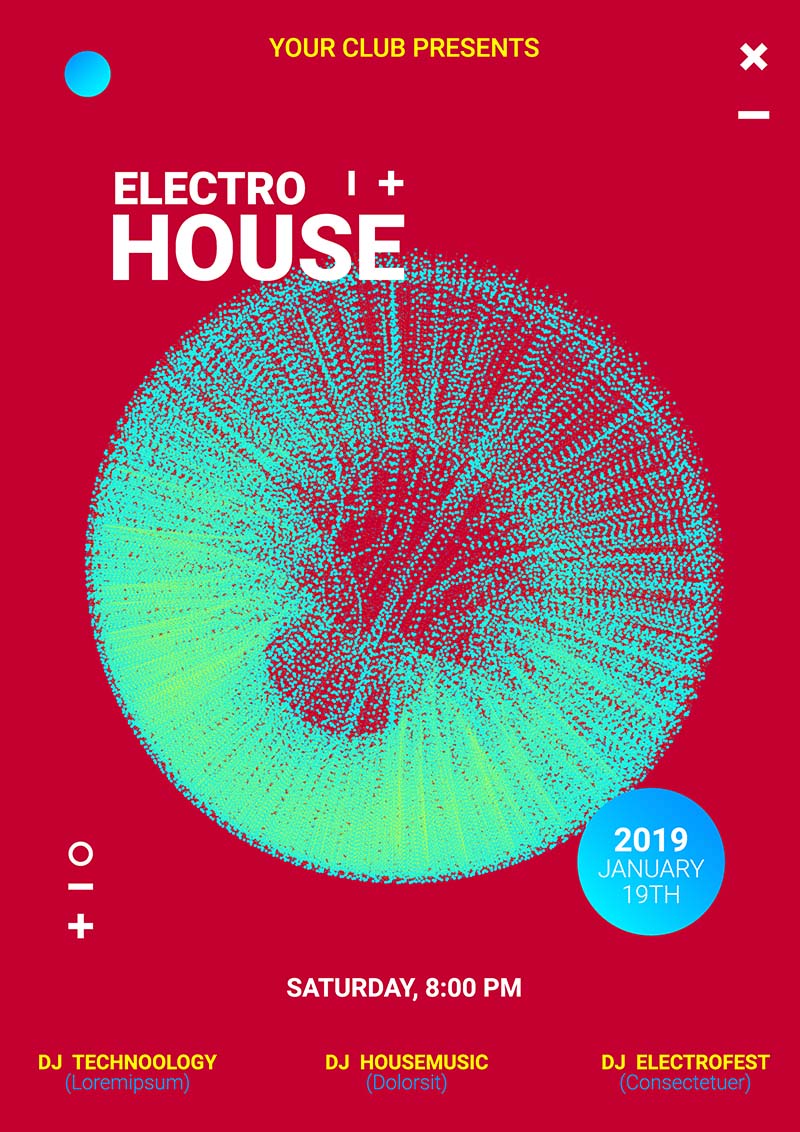The criminal trial of Sean “Diddy” Combs moved closer to its conclusion this week as both the prosecution and defense wrapped their cases. After weeks of testimony and high-profile allegations, the courtroom entered a quieter phase on June 24, with Diddy’s legal team opting not to call any witnesses of their own.
Tuesday’s proceedings focused on evidence introduced by the prosecution, including text messages, hotel bookings, and travel itineraries linked to alleged “freak off” parties. Homeland Security agent Joseph Cerciello returned to the stand, facing cross-examination over records that prosecutors say reflect payments to male escorts and coordination with Diddy’s employees. Diddy faces multiple federal charges, including sex trafficking, racketeering, and transporting individuals for prostitution. He has pleaded not guilty. Prosecutors have sought to portray him as the central organizer of a network of illicit sexual encounters, allegedly aided by staff and associates.
Defense Rests Quickly, Framing Relationships as Consensual
Once the prosecution concluded its case, the defense began and ended their presentation within a half-hour. Rather than introducing new witnesses, the defense focused on reframing Diddy’s past relationships as consensual and mutual. To support their argument, Diddy’s lawyers pointed to text messages exchanged between him and former girlfriend Cassie Ventura Fine. One message from February 2017 detailed playful plans for Valentine’s Day, while others contained romantic and sexual language. The defense presented these as evidence of an intimate relationship built on mutual understanding—not coercion.
In one of his few direct statements, Diddy informed the court of his decision not to testify. “I made this decision with my legal team,” he told Judge Arun Subramanian, signaling confidence in the case’s direction. Following a short recess, Diddy’s attorneys filed a Rule 29 motion—requesting an acquittal on grounds that the government’s evidence fell short of proving guilt. Defense attorney Alexandra Shapiro argued there was no conspiracy and that staff who may have helped book travel or handle logistics were not privy to personal details of Diddy’s private life. “Mr. Combs tried to keep these relationships and the related activities private,” Shapiro said, distancing employees from the alleged misconduct.
The defense continued to reject any suggestion of sex trafficking, pointing instead to instances where Ventura appeared to willingly participate. Shapiro emphasized that allegations of domestic violence—while serious—should not be confused with federal trafficking charges, a distinction the defense has highlighted throughout the trial. With the prosecution’s case formally rested and the defense declining to present additional witnesses, the trial enters its final phase. Closing arguments are expected later this week, as both sides prepare to make their final pitches to the jury. The stakes remain high—not only for Diddy, but for the broader conversation unfolding around power, consent, and accountability in the entertainment world.






Post comments (0)